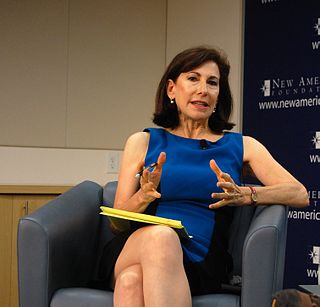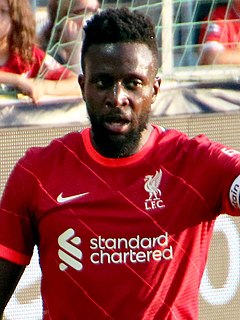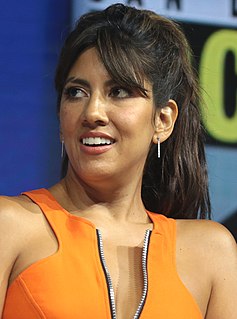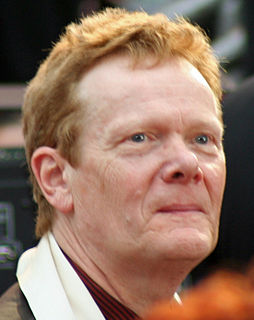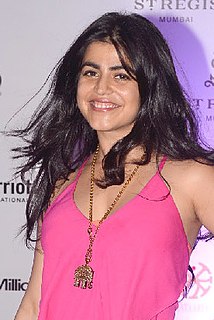A Quote by Emily Yoffe
If you look at books that describe the 16 personality types, you can see how different they are from each other.
Related Quotes
People who know and read comics know that there's a huge diversity amongst the types of stories. Nobody ever goes 'how many more of these movies based on novels are there going to be?!'. People laugh at that question and they go novels, there are all different types of novels. But there are all different types of comic books, they just happen to have drawings on the cover!
I am interested in people, and I am interested enough in people that I want to be friends with a lot of people and know about their lives. So I'm not a hermit. I'm also interested in writing about other things. It goes on and on. I sometimes wish that I had a different personality. But then I would write different types of books.
When you label somebody and put them in a box, then you put the lid on the box, and you just never look inside again. I think it's much more interesting for human beings to look at each other's stories and see each other. Really see each other and then see themselves through other people's stories. That's where you start to break down stereotypes.
When we haven't the time to listen to each other's stories we seek out experts to tell us how to live. The less time we spend together at the kitchen table, the more how-to books appear in the stores and on our bookshelves. But reading such books is a very different thing than listening to someone' s lived experience. Because we have stopped listening to each other we may even have forgotten how to listen, stopped learning how to recognize meaning and fill ourselves from the ordinary events of our lives. We have become solitary; readers and watchers rather than sharers and participants.
Once I'd worked out that I couldn't possibly expect people to enjoy a monstrous, 3000-page book, I realised I could in fact create a labyrinth of a story with four different points of entry. But what interested me was creating something that would rearrange itself every time you read one of the other books. So depending on which order you read them, the implications and angles would change. To get that right, each one of the books had to have its own personality and texture -- even though they are connected, they are very different creatures.
Have you ever considered, beloved other, how invisible we are to each other? We look at each other without seeing. We listen to each other and hear only a voice inside out self. The words of others are mistakes of our hearing, shipwrecks of our understanding. How confidently we believe OUR meanings of other people's words.
I've often tried to describe how memory works. I've suggested this to students, and told them to close their eyes and try to remember what I look like. Then I ask them if they remember what I look like. But when you open your eyes you will be surprised how different what you thought I looked like is to what I actually look like. Because the imagination is a different raw material from actual vision. Memory is very different from the thing itself.
